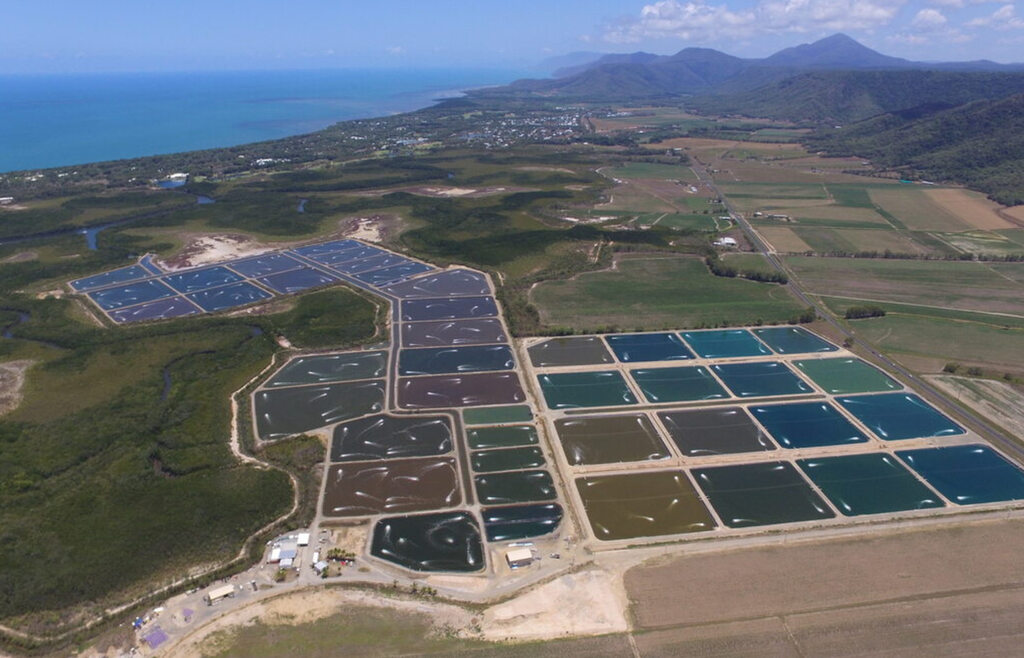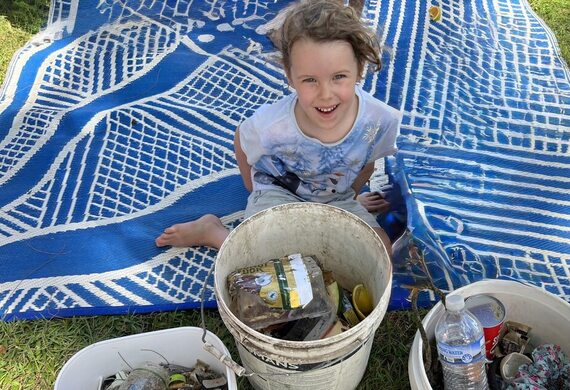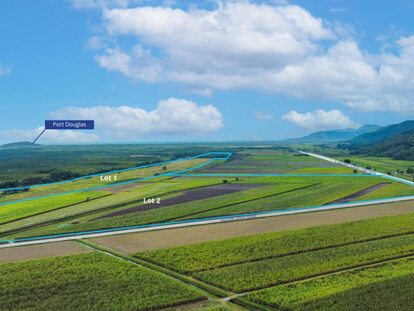Killaloe barra farm on environmental pollution charges
Shire waterways

The Killaloe barramundi farm on Captain Cook Highway just north of Port Douglas is being prosecuted by the State Government Environment and Science Department (DESI) for allegedly operating without the proper environmental licence and polluting nearby creeks on five separate occasions.
Lawyers for DESI told Cairns Magistrates Court this week the company was not approved to farm barramundi at the former prawn farm between September 2022 and March 2023.
Footage taken by DESI inspectors of overflow from ponds allegedly running into Muddy Creek and Packers Creek was played in the court.
DESI has accused farm owners MainStream Aquaculture of adding copper sulfate to the water, a chemical commonly used to control algal blooms.
And, when the farm was ordered to stop the discharge flowing into the creeks, the practice carried on, DESI alleges.
The company is facing charges of carrying out an environmentally relevant activity without authority, unlawfully depositing a prescribed substance in local waterways, and failing to comply with a directions notice.
MainStream chief executive Boris Musa has also been charged with failing to ensure a corporation complies with the Environmental Protection Act.
Mr Musa has pleaded not guilty to all charges both he and the company are facing.
The court heard prawn and barramundi farms need different environmental approvals, and Mainstream began stocking the ponds with barramundi before the correct ones were in place - and then the barramundi licence application was rejected by DESI.
Mainstream’s lawyer disputed the DESI water samples, saying they may have been taken in the incorrect location.
Originally a small family venture, Mainstream identified the farm for acquisition in 2018 when it sought to expand into fillet-sized saltwater barramundi.
Mainstream currently runs three farms in North Queensland, with two others near Innisfail.
In November 2024 the Killaloe fish farm apologised to surrounding residents for a stench wafting towards Port Douglas, saying it was working hard to fix the issue while investing in equipment to prevent it happening again.
Mr Musa said at the time the smell was the result of a mass fish die-off and algae developing in a pond.
“It’s not as simple as us draining the pond,’’ Mr Musa said at the time.
“If we were able to drain the pond, the odour would have dissipated but clearly we don’t want to be releasing that water into the environment so it has been a process of treating the pond,” he said.
Support public interest journalism
Help us to continue covering local stories that matter. Please consider supporting below.






















